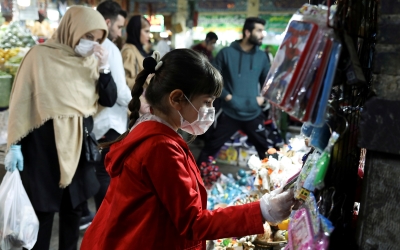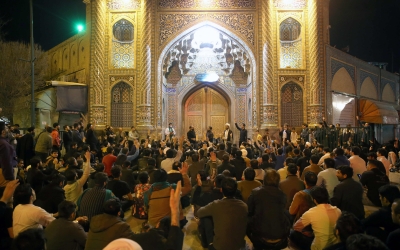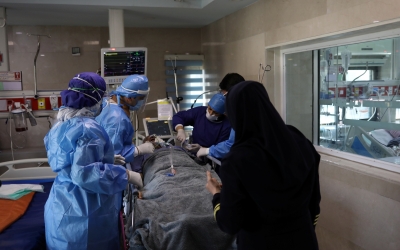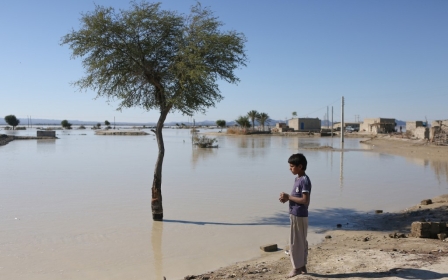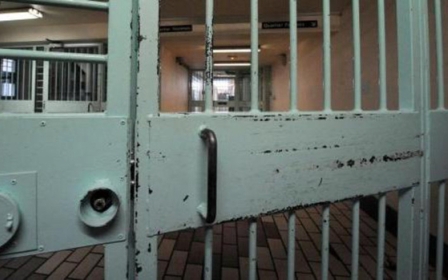Trump warns of 'heavy price' if Iran attacks US troops in Iraq
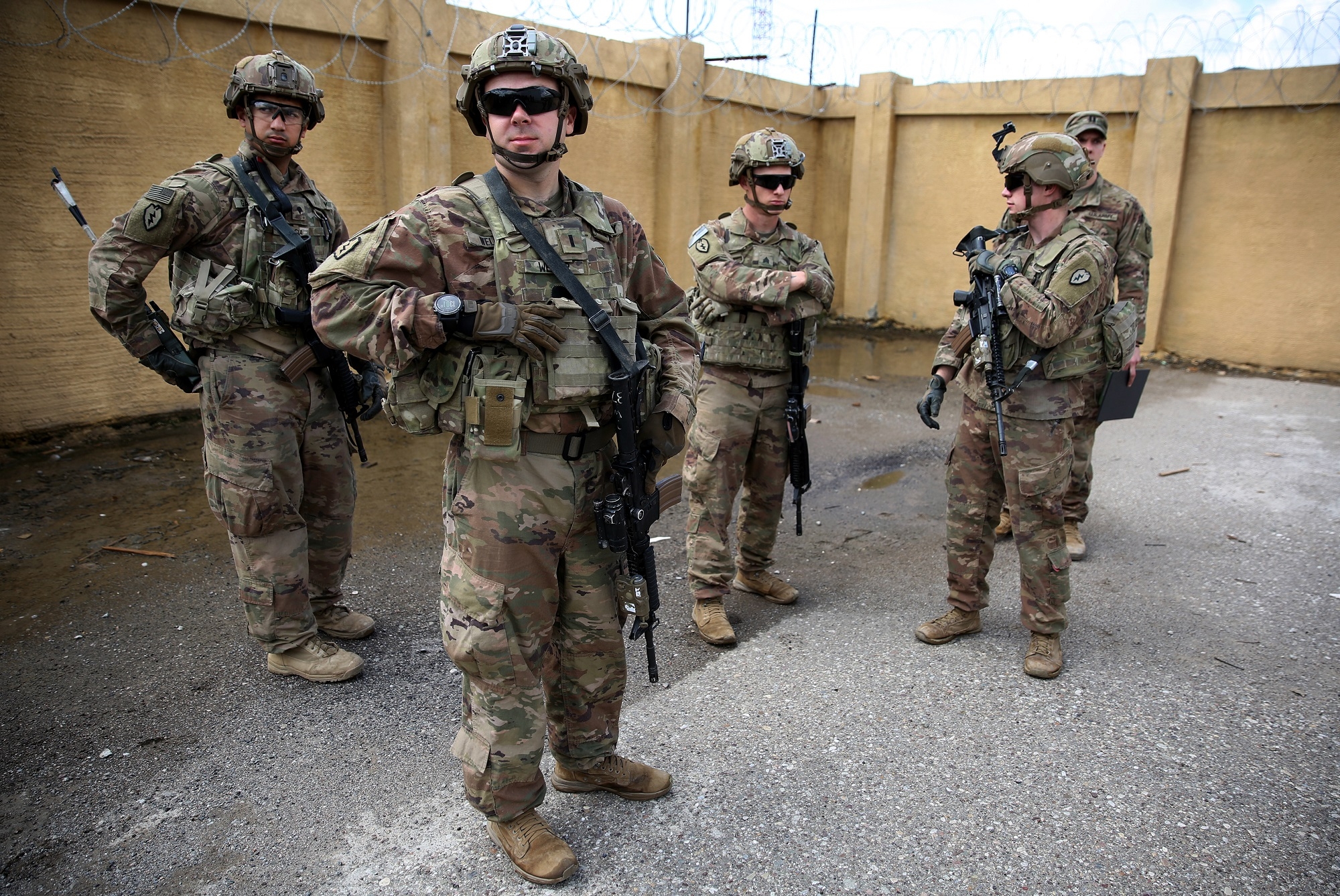
US President Donald Trump has threatened Iran with a "heavy price" if the Islamic Republic or its allies attack American troops in Iraq.
"Upon information and belief, Iran or its proxies are planning a sneak attack on U.S. troops and/or assets in Iraq," Trump wrote on Twitter on Wednesday. "If this happens, Iran will pay a very heavy price, indeed!"
Earlier in the day, Iran's foreign ministry slammed the US over its recent military manoeuvres in Iraq, accusing the Trump administration of "warmongering" during the coronavirus pandemic.
The US deployed Patriot air defence systems to an Iraqi military base last week, as a precaution against possible rocket attacks by Iranian-backed militias.
It was not immediately clear whether the US had secured Iraq's approval. Iran, which wields huge influence in its neighbour, claimed it had not.
In a statement on Wednesday, Iran's foreign ministry warned that US military activities in the region could lead to "instability and disaster" and called for a halt to "warmongering during the coronavirus outbreak".
"These (US) moves... could steer the regional situation towards instability and catastrophic conditions," foreign ministry spokesman Seyyed Abbas Mousavi said in a statement.
He added that the deployment ran "counter to the official position of the Iraqi government, parliament and people," and renewed calls for the US to "leave" the country.
US forces should "respect the wishes of the Iraqi people and government and leave," he said.
US-Iran tensions in Iraq
Iraq has struggled to balance its relationships with the US and Iran, who are both allies of the fragile government.
Tensions between the two countries has been escalating since Trump took office in 2016 and abandoned the multilateral JCPOA agreement that saw Iran scale back its nuclear programme in exchange for a lifting of sanctions some two years later.
In recent months, the two countries also came to the verge of war after US drone strikes killed senior Iranian general Qassem Soleimani and Iraqi militant leader Abu Mahdi al-Muhandis in January.
After the targeted killings, the Iraqi parliament passed a resolution calling on the prime minister to expel American troops from the country.
Since then, there has been a flurry of missile strikes on bases across Iraq. On 11 March, a rocket attack on Camp Taji killed two Americans and one British soldier.
"We've made clear that the Iraqi Shia militias are funded, trained and equipped by the Iranians," US Secretary of State Mike Pompeo said late last March.
"We've urged the Iranians not to do that. We've told the Iranians that they will be held responsible for those attacks when they threaten American lives."
War of words
Amid the outbreak of the coronavirus, Iran has accused the US of hampering Tehran's response to the pandemic by refusing to lift economic sanctions against the Islamic Republic.
Still, US officials insist that the Iranian government is to blame for the outbreak, noting that US sanctions do not apply to food, medicine and humanitarian aid.
Iran has become a regional epicentre for Covid-19, with more than 44,600 confirmed cases and almost 3,000 deaths, according to official figures.
Trump has been facing calls from rights groups, world leaders and US lawmakers to suspend sanctions against Iran. But top American officials have accused Tehran of failing to confront the pandemic and lying about lacking funds to counter its spread.
Late on Tuesday, Iran hit back at the US, which had eclipsed China with the highest number of confirmed coronavirus infections.
"While the United States has the largest number of people infected with the coronavirus, and the slogan of America First has just been achieved during this misery... the US State Department officials are commenting on Iran's actions to counter the virus based on false information by deceitful people and anti-Iran lobbyists," Mousavi, the spokesman, said in a statement.
Middle East Eye propose une couverture et une analyse indépendantes et incomparables du Moyen-Orient, de l’Afrique du Nord et d’autres régions du monde. Pour en savoir plus sur la reprise de ce contenu et les frais qui s’appliquent, veuillez remplir ce formulaire [en anglais]. Pour en savoir plus sur MEE, cliquez ici [en anglais].


